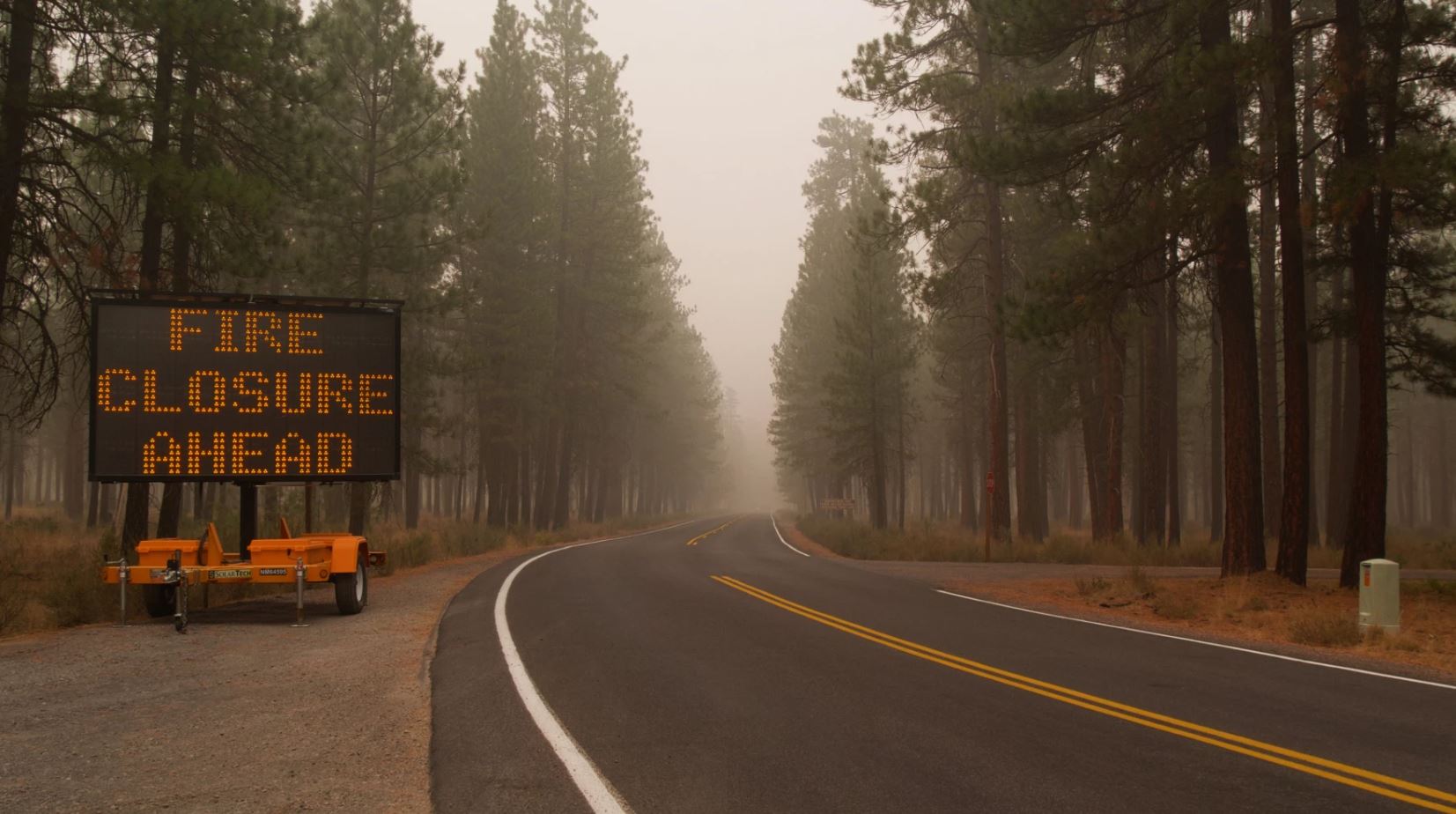
FILE: The 2020 Labor Day Weekend wildfires burned through the Cascade forests, impacting many communities across Oregon.
Courtesy of Oregon State University
An Oregon State University study has found climate change has led to an $11 billion decrease in the value of privately owned West Coast forests over the last 20 years.
Yuhan Wang, one of the study’s authors, said the team analyzed sales of privately held timberlands across Washington, Oregon and California. Their goal was to quantify economic impacts of climate disasters, such as wildfires. They found values of private forests dropped by around 10%, or $11 billion, over two decades.
“It is somewhat surprising to us that we found (that) actually most of the losses from wildfires are coming from more nearby wildfire activities that have actually changed people’s perception of wildfire risk,” she said.
Related: Climate change is hastening the demise of Pacific Northwest forests
In other words: Landowners may see forests as a riskier investment. Wang said it could mean they move away from vulnerable, but commercially valuable Douglas fir trees, or make other changes to forest management practices.
OSU natural resources economist David Lewis, who also worked on the study, said it was the first to quantify the economic impacts of climate change on forests. He said the study didn’t specifically look out how landowners and surrounding communities have changed or reacted — but he anticipates they may change management practices, see changes in insurance or face other economic impacts.
“That’s the foundation of the broader timber economy throughout the Western U.S.,” he said. “What we’re seeing here is that the value of that underlying key piece of natural capital, which is forest, is being damaged by climate change.”
Related: Oregon State walks away from Elliott Forest plan, but backers say forest in good hands
Editor’s note: This story’s headline has been updated to clarify that climate change is one of several contributors to a drop in the value of West Coast private forests.